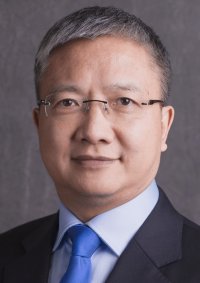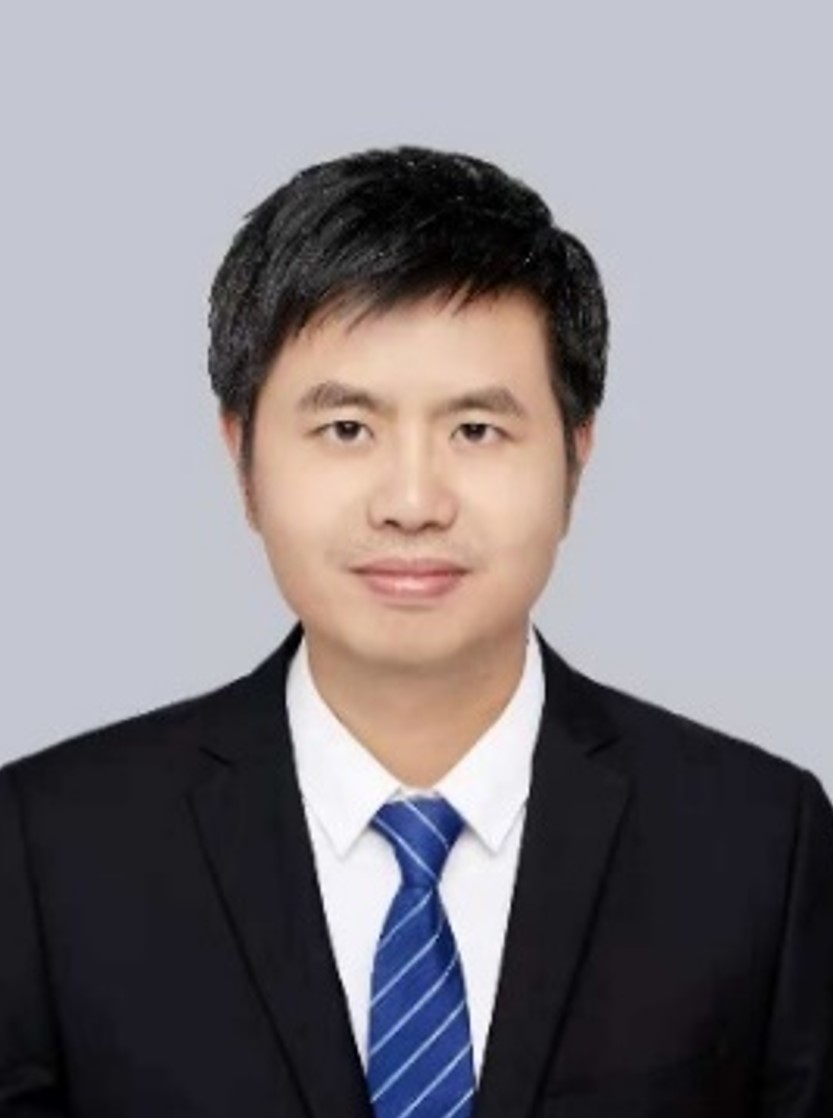About
Beacon Hill Super Charging Station

Our project is designed based on the Hong Kong government's policy to introduce approximately 3,000 electric taxis by 2027. Facing challenges such as high-frequency charging demands of Hong Kong taxis operating over 18 hours daily, income loss due to charging waiting time (2.1 hours waiting results in HKD 285 loss), and high construction costs of traditional fast-charging stations, we have developed an efficient, flexible, and simplified near-zero carbon modular super charging system to meet the urgent needs of electric taxi transformation.
PEDF (Generation-Storage-Charging-Flexibility) technology development, building a sustainable electric taxi charging ecosystem.
Photovoltaic Power System (Generation)
Scalable solar array that converts solar energy into DC power, providing a clean energy source
Green Energy Storage System (Storage)
Using lithium-ion batteries and supercapacitors to store excess solar power or off-peak grid electricity
Total capacity reaches 332kWh, supporting peak charging demands for multiple electric taxis
AC/DC Distribution System (Charging)
Converting AC power to DC power required for electric vehicle charging
Maximum charging power reaches 600kW, supporting rapid charging for multiple electric taxis simultaneously
Flexible Smart Monitoring Platform (Flexibility)
Edge gateway equipped with AI-driven models and digital twin technology
Real-time system data collection and intelligent control, optimizing charging efficiency and energy usage
Integrating four core hardware subsystems and charging piles into standardized containers to form a rapidly deployable independent super charging station.
Standardized Design:
Using standard container enclosure for quick transportation and deployment
Modular design for easy expansion and maintenance, adapting to different scenario requirements
Technical Advantages:
Supporting DC off-grid/grid-connected operation modes, improving system stability
Dynamically adjusting charging power through PEDF technology, optimizing energy usage efficiency
5-minute charging enables 200km driving range, meeting rapid turnover needs of taxis
Environmental Benefits:
Annual savings of 500 tons of standard coal, reducing energy consumption
Annual reduction of 1800 tons of CO₂ emissions, supporting Hong Kong's carbon neutrality goals
Building an intelligent digital charging service ecosystem to enhance user experience and operational efficiency.
"Zero Carbon Charging" Mobile Application
Providing real-time information about super charging stations, including availability and charging power
Offering convenient reservation and payment functions, reducing waiting time
Personalized charging plan recommendations, optimizing user charging habits and costs
Backend Management System
Implementing dynamic energy storage scheduling, adjusting in real-time based on load and electricity prices
Cross-site optimization of energy allocation strategies, improving overall network efficiency
Providing grid coordination operation analysis reports, supporting decision optimization
Data Analysis and Optimization
Charging behavior pattern analysis, predicting demand peaks
Energy usage efficiency assessment, continuously improving system performance
Real-time carbon emission reduction statistics, quantifying environmental contributions
Hong Kong's first near-zero carbon super charging station commercial demonstration project, providing viable solutions for electric taxi transformation.
Project Overview
Located at Hong Kong's Beacon Hill strategic location, covering core taxi activity areas
Collaborating with Xinke Development and other companies for construction and operation, combining industry chain advantages
Planning to use 1,000 electric taxis for actual operation testing
Expected Outcomes
Verifying PEDF technology reliability and performance in actual operations
Establishing replicable business models, supporting city-wide promotion
Providing complete solutions for Hong Kong's electric taxi transformation
Social Impact
Reducing taxi industry carbon emissions, supporting Hong Kong's carbon neutrality
Lowering taxi drivers' energy costs and charging waiting time
Demonstrating best practices in new energy transportation technology integration
Charging Time (minutes/200km)
Maximum Charging Power (kW)
Annual Carbon Reduction (tons CO₂)
Planned Electric Taxis (2027)

Hu Jianping
Chief Executive Officer of Haylion TechnologiesFounder of eMaaS, Founder and Chairman of Haylion Technologies, Chief Expert of the Urban Passenger Transport Expert Committee of China Road Transport Association, Ph.D. in Road and Traffic Engineering from Tongji University. Previously served as General Manager and Chairman of Shenzhen Bus Group Co., Ltd., Executive Deputy General Manager of Shenzhen Metro Group Co., Ltd., Assistant to Director and Head of Personnel Department of Shenzhen Government Transport Bureau, Vice Chairman of China Road Transport Association, and Senior Vice President of Microvast Power Systems (USA).

Qiu Jiandong
Senior Engineer of SUTPCDirector of Traffic Information and Model Institute, Shenzhen's High-level Leading Talent. 17 years of experience in traffic modeling and big data. Led over 30 urban modeling and big data platform projects and 10 national and provincial research projects. Granted 30 patents, co-authored 5 monographs and industry standards, published 35 papers, and received 24 national and provincial awards.

Ke Jintao
Assistant Professor of HKUServes as Young Editorial Board Member of TRC and Editorial Board Member of TRE in the transportation field. Leading multiple research projects, including National Natural Science Foundation, Hong Kong Transport Department's Smart Traffic Fund, Hong Kong Research Grants Council Fund, and Hong Kong Environmental Protection Department's Green Fund, with total funding exceeding HKD 10 million. Published over 50 SCI/SSCI papers with more than 4,900 citations, recognized as a World Top 2% Scholar in Smart Transportation by Stanford in 2023.